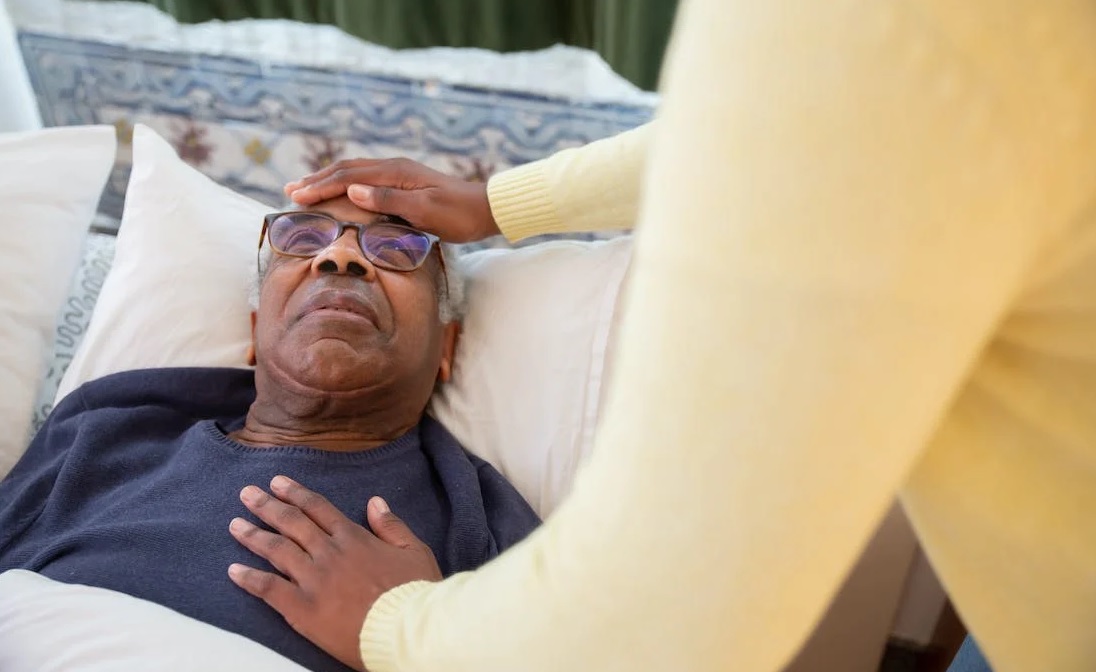Nocturnal Enuresis in Adults: Understanding the Causes and Solutions
Bedwetting, or nocturnal enuresis, is commonly associated with children, but it can also affect adults. While it’s less prevalent in adulthood, it can be a source of embarrassment and concern for those who experience it. In this article, we will explore the potential causes of adult bedwetting and discuss various solutions to address this condition.
1. Medical Conditions
Several medical conditions can contribute to adult bedwetting:
a. Urinary Tract Infections (UTIs): Infections in the urinary tract can irritate the bladder, leading to involuntary urination.
b. Diabetes: Uncontrolled diabetes can result in high blood sugar levels, leading to increased urine production and potential bedwetting.
c. Neurological Disorders: Conditions like multiple sclerosis or Parkinson’s disease can affect nerve function, including those controlling the bladder.
d. Sleep Apnea: Adults with sleep apnea may experience fragmented sleep and altered bladder function, increasing the risk of bedwetting.
e. Bladder Problems: Overactive bladder, urinary retention, or bladder obstruction can contribute to nocturnal enuresis.
Solution: If you suspect a medical condition is causing bedwetting, consult a healthcare provider for a proper diagnosis and treatment.
2. Medications
Certain medications can affect bladder control, leading to bedwetting as a side effect. These may include medications for high blood pressure, sedatives, diuretics, and muscle relaxants.
Solution: Discuss any medications you’re taking with your healthcare provider to explore potential alternatives or adjustments.
3. Alcohol and Caffeine Consumption
Consuming alcohol or caffeine, especially in the evening, can increase urine production and contribute to bedwetting.
Solution: Limit alcohol and caffeine intake, especially in the hours leading up to bedtime.
4. Psychological Factors
Stress, anxiety, and emotional distress can affect sleep patterns and contribute to bedwetting in adults.
Solution: Seek support from a mental health professional if stress or emotional factors are believed to be contributing to the issue. Stress-reduction techniques, such as meditation or therapy, can also be helpful.
5. Hormonal Imbalances
Hormonal changes can play a role in adult bedwetting. For women, hormonal fluctuations during pregnancy and menopause may lead to increased nighttime urination.
Solution: Managing hormonal changes with the guidance of a healthcare provider can help alleviate bedwetting related to these factors.
6. Inadequate Bladder Training
In some cases, adults who experienced bedwetting as children may not have fully developed proper bladder control due to a lack of bladder training during childhood.
Solution: Working with a healthcare provider or a specialist in pelvic floor therapy can help develop better bladder control through training and exercises.
7. Alcohol and Substance Abuse
Excessive alcohol or substance use can impair judgment and decrease awareness of bladder signals, contributing to bedwetting.
Solution: Seeking help for alcohol or substance abuse and attending rehabilitation programs can address this issue.
8. Aging
As people age, changes in bladder capacity and muscle tone can increase the risk of bedwetting.
Solution: While aging-related changes may be unavoidable, practicing good bladder habits, such as limiting fluid intake before bedtime, can help manage this issue.
9. Genetics
There may be a genetic predisposition to bedwetting, as it tends to run in families.
Solution: While you can’t change your genetics, understanding your family history can help identify potential risk factors and address them proactively.
10. Enuresis Due to Disabilities
Adults with certain physical or developmental disabilities may experience bedwetting due to challenges with communication or mobility.
Solution: Caregivers and healthcare providers should work together to provide appropriate support and management strategies.
Management and Treatment
The approach to managing adult bedwetting varies depending on the underlying cause:
a. Medical Treatment: Addressing any underlying medical conditions, such as UTIs, diabetes, or neurological disorders, can often resolve bedwetting.
b. Medication: In some cases, healthcare providers may prescribe medications to improve bladder control.
c. Behavioral Therapy: Techniques such as bladder training, scheduled voiding, and moisture alarms can help adults develop better bladder control.
d. Lifestyle Changes: Managing alcohol and caffeine intake, maintaining a healthy weight, and practicing stress-reduction techniques can be effective in some cases.
e. Support and Education: Joining support groups or seeking counseling can provide emotional support and education about bedwetting.
Conclusion
Adult bedwetting, though less common than in childhood, can be a distressing issue with various potential causes. It’s essential to identify the underlying factors contributing to bedwetting and work with healthcare providers to develop a personalized treatment plan. Remember that there are effective solutions and support available to help adults overcome this condition and improve their quality of life.

